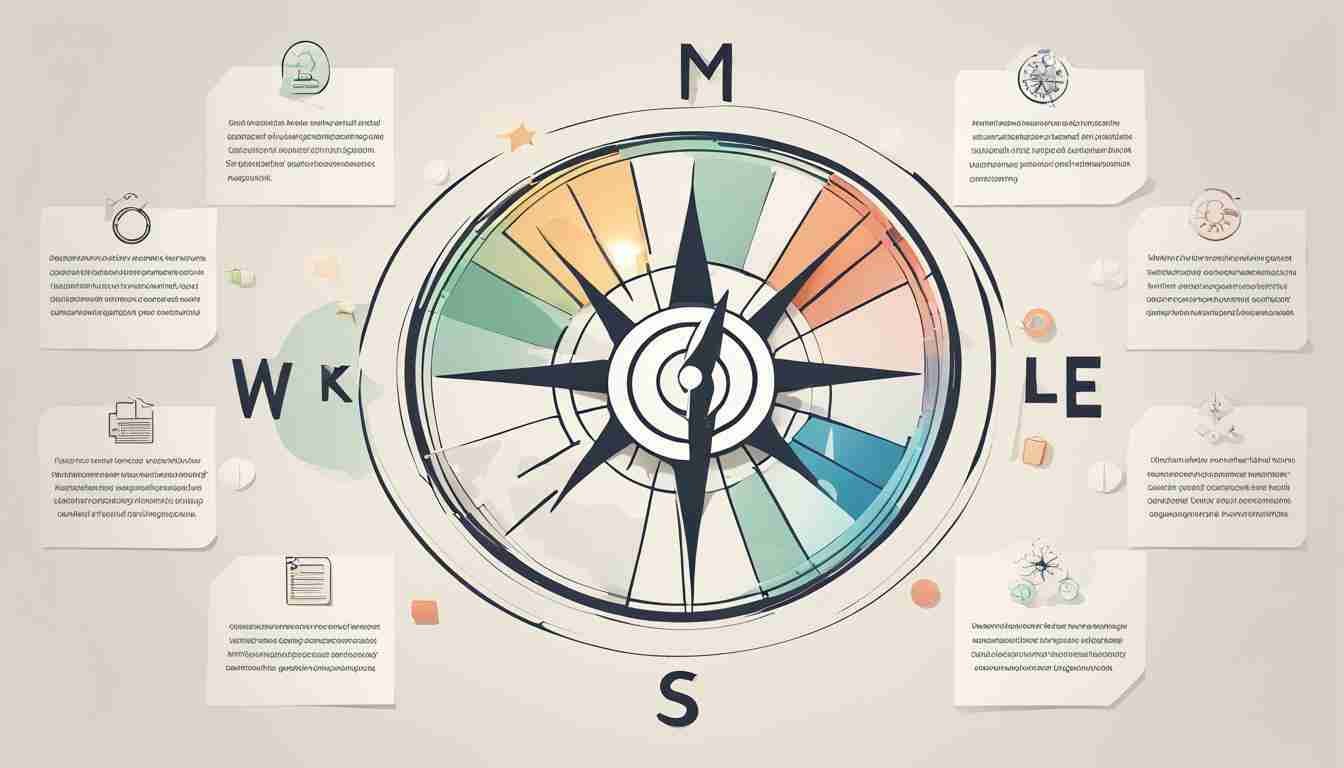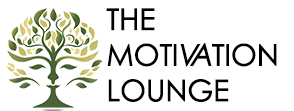If you’re looking to achieve success in your projects, you need effective project management. It involves utilizing a set of best practices, strategies, and techniques to streamline your workflow and improve productivity.
Whether you’re a seasoned project manager or just starting, it’s crucial to keep yourself updated with the latest methodologies and tools available in the market. In this article, we’ll discuss everything you need to know to master project management, including project management tips, effective project management, project management best practices, project management strategies, project management techniques, project management skills, project management tools, project management methodologies, project management success, and project management advice.
Key Takeaways
- Implementing project management tips and best practices are crucial in achieving success in your projects.
- Effective project management involves setting clear goals, defining scope, creating a realistic timeline, effective communication, and stakeholder management.
- Project management skills, such as leadership, problem-solving, and decision-making, are critical in managing projects effectively.
- Project management techniques, such as Agile and Waterfall, and tools, such as Trello and Asana, can streamline your workflow and improve productivity.
- Choosing the right project management methodology depends on the project’s unique requirements.
- Maintaining a positive mindset, continuous learning, and effective team collaboration are critical in achieving project management success.
Understanding Effective Project Management
Effective project management is the cornerstone of any successful project. It involves a combination of skills, techniques, and best practices that enable project managers to achieve their goals efficiently and effectively. In this section, we will explore the fundamentals of effective project management.
Goals and Scope
One of the most crucial aspects of effective project management is setting clear goals and defining project scope. This helps project managers focus on what needs to be done and ensures that the project stays on track. Without clear goals, a project can quickly become unfocused and unmanageable.
Schedule and Timeline
Creating a realistic timeline is another essential component of effective project management. Project managers must take into account all aspects of the project, including potential delays and risks, to create a timeline that is achievable. This timeline must be communicated effectively to the team to ensure that everyone is working towards the same end goal.
Communication and Stakeholder Management
Effective communication is critical in project management. Project managers must be able to communicate with their team, stakeholders, and clients effectively. They must also manage stakeholder expectations, ensuring that everyone is aware of the project’s progress and any potential issues that may arise. Regular communication can minimize misunderstandings and ensure that everyone is working towards the same end goal.
In the next section, we will explore the best practices that can enhance project management.

Implementing Project Management Best Practices
Effective project management requires implementing best practices. By implementing these practices, you can ensure that your project is successful and meets its objectives. Here are some project management best practices that you should consider:
- Define the scope: Clearly define the scope of the project, including what will be delivered, timelines, and budget. A well-defined scope will help you manage expectations and avoid scope creep.
- Break down tasks: Break down the project into smaller tasks and assign responsibilities to team members. This will help you identify potential issues and ensure that everyone is working towards the same goal.
- Prioritize tasks: Prioritize tasks based on their importance and deadlines. This will help you focus on the most critical tasks and avoid wasting time on less important ones.
- Delegate responsibilities: Delegate responsibilities to team members based on their skills and expertise. This will help you distribute the workload and ensure that everyone is working efficiently.
- Manage risks: Identify and manage potential risks to the project. This will help you mitigate risks early on and avoid potential delays and cost overruns.
- Ensure quality control: Establish quality control processes to ensure that the project meets the required standards. This will help you avoid rework and ensure that the project is delivered on time and within budget.
By implementing these project management best practices, you can ensure that your project is delivered successfully and meets its objectives.

Essential Project Management Skills
Project management requires a unique combination of technical and soft skills to succeed. The following project management skills are essential for effective project management:
- Leadership: A project manager must be able to inspire and motivate team members, delegate tasks effectively, and lead by example.
- Problem-solving: Project managers must be skilled in identifying problems and finding creative solutions.
- Decision-making: Project managers must be able to make informed decisions, taking into account project objectives and constraints.
- Adaptability: The ability to adapt to changing circumstances and shift project priorities is crucial for successful project management.
- Time management: Project managers must be skilled in managing their time and resources effectively, ensuring that project deliverables are completed on time and within budget.
By developing and honing these project management skills, project managers can ensure that their projects are successful and that their teams are motivated and engaged.

Leveraging Project Management Techniques
Project management techniques play a crucial role in streamlining workflow and ensuring timely project delivery. Here are some effective project management techniques:
Agile
Agile project management is an iterative approach that focuses on delivering high-quality products in a timely and flexible manner. It prioritizes customer satisfaction and adapts to changing requirements throughout the project lifecycle. It involves breaking down the project into smaller tasks or sprints, and delivering them in a collaborative and incremental manner.
Agile is best suited for projects that require flexibility and continuous improvement. It is ideal for software development, product development, and creative projects.
Waterfall
Waterfall project management is a linear approach that follows a sequential path from planning to execution to closure. It focuses on delivering the project in phases, with each phase building on the previous one. It involves clear documentation, distinct stages, and a well-defined scope.
Waterfall is best suited for projects with a clearly defined scope and predictable outcomes. It is ideal for construction, manufacturing, and infrastructure projects.
Gantt Charts
Gantt charts are visual representations of project schedules that help track progress and manage tasks. They provide a clear timeline of project milestones, dependencies, and resources. They enable project managers to identify potential delays or issues and take corrective actions.
Gantt charts are ideal for medium to large-scale projects with multiple tasks and team members.
Kanban Boards
Kanban boards are visual tools that help manage workflow and track progress in real-time. They use columns and cards to represent different stages of the project, such as “To Do,” “In Progress,” and “Done.” They enable team members to collaborate and prioritize tasks based on project requirements.
Kanban boards are ideal for small to medium-scale projects with a focus on continuous improvement and collaboration among team members.

Leveraging Project Management Tools
Project management tools are essential for effective collaboration and communication within a team. These tools can help streamline workflow, track progress, and ensure project milestones are met. Here are some popular project management tools that can be used:
| Tool | Description |
|---|---|
| Trello | A visual collaboration tool that organizes tasks into boards. It offers a variety of features like task assignments, due dates, and comments. |
| Asana | A web and mobile application designed to help teams track their work. It includes features like team collaboration, task assignments, and progress tracking. |
| Microsoft Project | A project management software that allows users to plan, track, and analyze project progress. It offers features like Gantt charts, resource management, and task scheduling. |
Each tool has its own unique features, which can be beneficial depending on the project’s requirements. When choosing a project management tool, consider the team’s needs and the complexity of the project. It is important to choose a tool that has a user-friendly interface and allows for easy collaboration and communication.
Integrating project management tools into a project workflow can significantly improve productivity and team efficiency. With the right tool in place, team members can easily track progress, identify bottlenecks, and stay on top of deadlines. It is important to choose a tool that aligns with the team’s needs and goals, and to provide adequate training and support for team members to use the tool effectively.

Incorporating the right project management tools into a project workflow can make a significant difference in team productivity and collaboration.
Mastering Project Management Methodologies
Project management methodologies are frameworks used to guide the planning, implementation, and control of projects. The choice of methodology depends on the project’s scope, timeline, budget, and other requirements.
Here are some popular project management methodologies:
| Methodology | Description |
|---|---|
| Scrum | A framework for managing and completing complex projects using an iterative and incremental approach. It emphasizes teamwork, collaboration, and customer satisfaction. |
| PRINCE2 | A structured project management methodology designed to handle large-scale and complex projects. It focuses on dividing the project into manageable stages and defining roles and responsibilities. |
| Six Sigma | A data-driven methodology for process improvement and quality control. It uses statistical analysis to identify and eliminate defects in a process. |
Each methodology has its strengths and weaknesses, and project managers should choose the one that best fits their project’s needs. Additionally, it is possible to combine methodologies to create a customized approach that optimizes project management success.

Mastering Project Management Methodologies
To become proficient in a project management methodology, project managers should:
- Understand the principles and practices of the methodology.
- Attend training and certification programs.
- Practice implementing the methodology in real projects.
- Continuously learn and improve their skills.
Mastering a project management methodology can lead to better project outcomes, improved stakeholder satisfaction, and increased career opportunities.
Achieving Project Management Success
To achieve project management success, it is essential to focus on continuous learning and improvement. Project managers should keep themselves updated with the latest trends and techniques in the field of project management. This can be done by attending industry conferences, webinars and online courses.
Effective team collaboration is another key factor in achieving project management success. Project managers should encourage open communication and collective decision-making among team members. This fosters a collaborative work environment and helps in achieving project goals.
Maintaining a positive mindset is also crucial in project management. Project managers should stay focused on the end goal and remain optimistic even when things may not be going according to plan. A positive attitude can help in overcoming challenges and achieving success.
Lastly, it is important to adapt the project management tips and techniques discussed in this article to the specific needs of your project. Each project is unique and requires a customized approach. By applying the strategies discussed in this article to your project, you can increase your chances of achieving project management success.

Achieving Project Management Success
Implementing project management tips can improve your success rate and streamline workflows. However, there are a few additional tips to achieve project management success.
Continuously learn and improve:
Learning is an ongoing process, and it is essential to stay up-to-date with the latest project management trends, best practices, and tools. Take online courses, read books, and participate in webinars to improve your skills and knowledge.
Effective team collaboration:
Effective communication and collaboration are critical components of successful project management. Encourage open communication, establish clear roles and responsibilities, and create a positive team environment to develop trust and foster collaboration among team members.
Maintain a positive mindset:
Project management can be challenging, and sometimes unexpected obstacles can arise. However, maintaining a positive mindset can help you and your team overcome these challenges and stay focused on achieving project goals.
Customize strategies and techniques to your project:
Each project is unique, and what works well for one project may not work for another. It is essential to assess project requirements and adapt your project management strategies and techniques to suit the individual project needs.
Following these additional tips will help you achieve project management success and deliver high-quality projects on time and within budget.
FAQ
Q: What are project management tips?
A: Project management tips refer to strategies, techniques, and best practices that can help individuals and teams effectively plan, execute, and control projects. These tips are designed to improve project outcomes, enhance productivity, and achieve success.
Q: Why are project management tips important?
A: Project management tips are important because they provide guidance and insights into proven approaches for managing projects. By implementing these tips, individuals and teams can avoid common pitfalls, overcome challenges, and increase the likelihood of project success.
Q: How can project management tips be applied?
A: Project management tips can be applied by incorporating them into project planning, execution, and monitoring processes. It is important to adapt these tips to the specific needs of each project and utilize them to enhance project management skills and techniques.
Q: Where can I find project management tools?
A: Project management tools can be found through various online platforms, software vendors, and project management associations. Popular project management tools include Trello, Asana, and Microsoft Project, among others.
Q: What are project management methodologies?
A: Project management methodologies are structured approaches, frameworks, or systems that guide project management processes. Examples of project management methodologies include Scrum, PRINCE2, and Six Sigma.
Q: How do project management techniques improve workflow?
A: Project management techniques, such as Agile and Waterfall, streamline workflow by providing structured approaches to planning, organizing, and executing tasks. These techniques help prioritize work, promote collaboration, and ensure efficient project progress.
Q: What skills are important for project management?
A: Important project management skills include leadership, problem-solving, decision-making, communication, adaptability, and time management. These skills enable effective project planning, team management, and problem resolution.
Q: How can project management best practices enhance projects?
A: Project management best practices enhance projects by providing guidelines and approaches that have been proven to deliver successful results. These practices include breaking down tasks, prioritizing, delegating, managing risks, and ensuring quality control.
Q: What is the significance of effective stakeholder management?
A: Effective stakeholder management is crucial in project management as it involves identifying, analyzing, and engaging with individuals or groups who have an interest or influence in the project. By managing stakeholders effectively, project managers can ensure alignment, collaboration, and successful project outcomes.
Q: How can project management success be achieved?
A: Project management success can be achieved by continuously learning and improving project management skills, fostering effective team collaboration, maintaining a positive mindset, and adapting strategies and techniques to meet project needs. Implementing project management best practices and utilizing appropriate tools and methodologies also contribute to project success.





